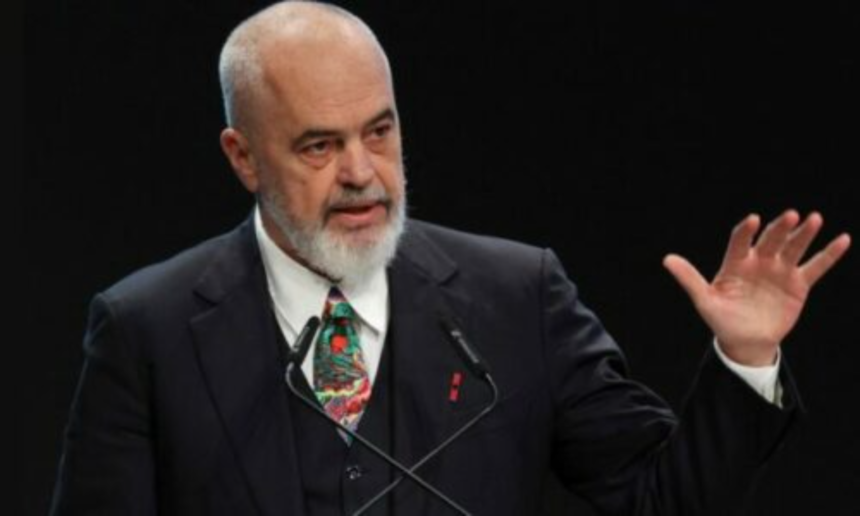Albania’s progress toward European Union membership is being hailed as a success story in the Western Balkans, built on two key pillars: domestic reforms that transformed the justice system and proactive diplomacy that strengthened ties with European decision-makers.
Five years after the European Commission’s decision to start accession talks, and one year into the formal negotiation process, Albania has opened 28 out of 35 chapters, including four just this month, generating optimism in Brussels that the remaining chapters could be opened by year-end.
European Enlargement Commissioner Marta Kos praised Albania’s efforts on September 16, urging Prime Minister Edi Rama to maintain momentum:
“Albania has shown that positive change is possible, and the EU rewards such change. Keep the pace.”
From Post-Communist Chaos to Euro-Atlantic Integration
Albania’s trajectory began in the early 1990s, after 45 years of communist isolation, with the fall of the dictatorship under popular pressure. The mid-1990s were marked by the pyramid scheme collapse and ensuing chaos in 1997, which claimed over 2,000 lives and triggered mass emigration.
Despite challenges, Albania remained oriented toward the West, benefiting from international aid and peacekeeping missions, later joining NATO in 2009 and obtaining EU candidate status in 2014.
Reforms and Leadership Credibility
Experts highlight that the justice reforms, including vetting judges and prosecutors and prosecuting high-level corruption, have fundamentally reshaped Albania’s international image. Klodiana Beshku, political science lecturer at the University of Tirana, notes that EU integration has remained the central goal of every Albanian government, including Rama’s fourth term.
Rikard Jozwiak, Europe editor at Radio Free Europe, adds that Albania’s consistent reform record and positive diplomacy in Brussels have impressed European leaders, distinguishing Rama from other Western Balkan leaders. Albania is now considered the leading candidate among nine EU aspirants, with Montenegro following and other countries lagging behind.
Tourism development and hosting major international events, such as the European Political Community summit in 2025 and the Ukraine summit in 2024, have further enhanced Albania’s reputation abroad.
Challenges Remain
Despite progress, Albania continues to face challenges, including high emigration, low wages, youth unemployment, and ongoing concerns about corruption and media independence. Observers stress that sustained reform, political unity, and careful bilateral diplomacy are essential to secure EU membership.
Lessons for Kosovo
Kosovo, the only Western Balkan country without EU candidate status, can draw lessons from Albania’s experience:
- Prioritize deep domestic reforms, particularly in justice and governance.
- Engage constructively with European institutions.
- Demonstrate readiness to comply with European standards and expectations.
James Ker-Lindsay, London School of Economics, emphasizes that Kosovo must show cooperation and political maturity, particularly as relations with the EU are currently strained.
Conclusion: Albania’s path shows that EU integration is possible through consistent reforms, strategic diplomacy, and domestic resilience. Kosovo has the opportunity to follow this model and demonstrate its readiness to join the European family.







